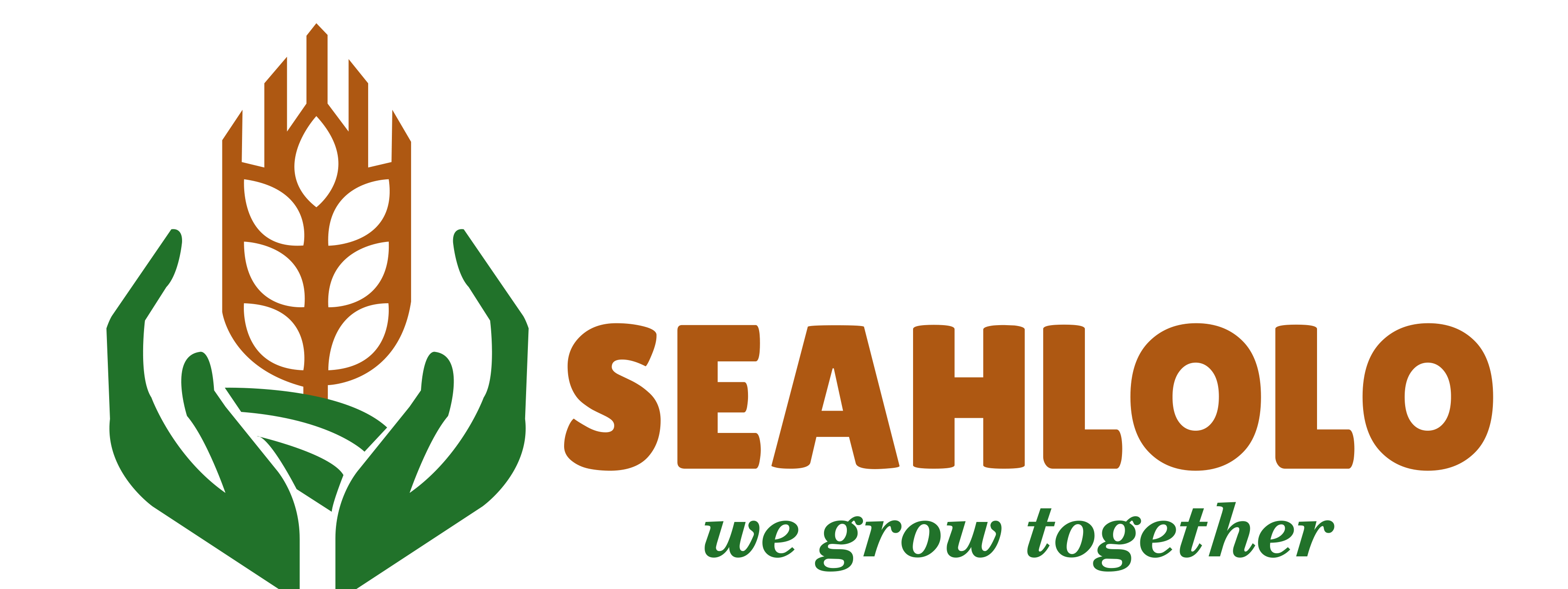![]()
Lesotho is on the verge of a transformative agricultural venture as Afaw Girma Sahilegeberal, an Ethiopian entrepreneur representing J.OIL Coffee Import and Export PLC, explores the potential of launching a coffee production facility in the country.
Known for its rich coffee heritage, Ethiopia ranks among the world’s top coffee exporters, and Sahilegeberal now aims to extend that expertise to Lesotho’s fertile landscapes.
His proposal, currently under review by the Lesotho National Development Corporation (LNDC), envisions establishing a state-of-the-art coffee processing plant capable of producing 75 to 130 tonnes of roasted, ground, and packaged coffee annually.
If realised, this project could reduce Lesotho’s dependence on coffee imports, boost local agro-processing capabilities, and contribute to job creation and economic growth in the region.
Lesotho’s annual coffee consumption is currently around 356 tonnes, with projections indicating growth to 378 tonnes by 2026 (Statista).
Despite this demand, Lesotho remains heavily reliant on imports to meet local consumption needs.
The proposed coffee facility would help close this supply gap, offering a local alternative while stimulating the broader agricultural sector.
The total projected investment for the coffee production venture is estimated at M5.93 million, with M1.15 million allocated for plant and machinery. The facility would not only cater to domestic demand but also position Lesotho to explore potential export markets within the Southern African Development Community (SADC).
The initiative has been welcomed by Ntšiuoa Sekete, Lesotho’s Ambassador to the African Union, who views the growing interest from Ethiopian investors as a significant opportunity to strengthen economic ties between the two nations.
“This is more than just a business venture; it’s a gateway to deeper trade relations and mutual growth,” Sekete said.
She expressed optimism about the LNDC’s ongoing due diligence process and emphasised the importance of such partnerships in advancing Lesotho’s economic development.
Ambassador Sekete also encouraged Basotho entrepreneurs to explore investment opportunities in Ethiopia, noting that collaboration between the two countries could lead to meaningful economic integration across agriculture and agro-processing sectors.
While the investment focuses on coffee processing, a key question remains—can Lesotho cultivate its own coffee beans?
Majalefa Mohapi, a researcher at the Ministry of Agriculture, Food Security, and Nutrition, highlighted that there are currently no coffee farms in Lesotho.
He emphasised the need for comprehensive research to determine whether Lesotho’s agro-climatic conditions can support coffee cultivation.
Globally, coffee thrives in the “Bean Belt”—a region along the equator that offers the right altitude, temperature, and rainfall patterns for optimal coffee production. Arabica coffee, known for its smooth flavor, requires cooler climates (19–22°C) and higher altitudes, while Robusta coffee prefers slightly warmer temperatures (22–26°C) and is more resilient to fluctuating conditions.
Lesotho’s mountainous regions, with their higher elevations and temperate climate, could potentially support Arabica cultivation, but further agro-climatic studies are essential before farmers can consider diversifying into coffee production.
“Introducing coffee farming could diversify Lesotho’s agriculture and create long-term employment, but only if the environmental conditions are suitable,” Mohapi noted.
The proposed coffee facility promises more than just economic returns. It has the potential to create numerous job opportunities, from plant operations and logistics to packaging and sales. Additionally, skill development programs tied to the project could train locals in agro-processing, quality control, and export logistics, strengthening Lesotho’s capacity in the agro-industrial sector.
If coffee cultivation proves viable, it could further open doors for smallholder farmers to diversify their crops and tap into regional and international markets, creating a more resilient agricultural economy.
As global coffee consumption continues to rise—driven by specialty blends and consumer demand for ethically sourced beans—Lesotho has a chance to position itself within this growing market. With Ethiopia’s expertise and Lesotho’s strategic location within Southern Africa, the potential for coffee production and export is promising.
The success of this venture hinges on collaboration between investors, government bodies, and local communities. If realised, Lesotho could not only reduce its reliance on coffee imports but also carve out a niche in the regional coffee trade, driving growth and creating new economic opportunities for Basotho.
The LNDC’s ongoing assessments and planned research into coffee cultivation will play a pivotal role in shaping this project’s future. For now, Sahilegeberal’s interest marks an exciting chapter for Lesotho’s agricultural sector—one that could brew long-term prosperity for the nation.




